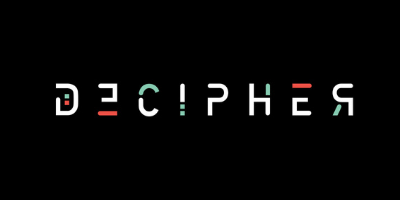California voters will vote this Election Day on Proposition 24, on whether to expand the groundbreaking privacy law that was passed just two yeras ago. Proposition 24, or the California Privacy Rights Act of 2020, builds on the California Consumer Privacy Act of 2018 which just took effect this year. Early voting has already begun in the state.
CCPA limits how companies gather personal data and how they could monetize it, and gives consumers the right to know what information a company has collected about them, opt-out of data collection and sale of their data, and to request the data to be deleted. Voters will vote on CPRA, which would allow consumers to prevent businesses from sharing their personal information and also give them the ability to correct errors in any of the collected information.
Considering that enforcement for CCPA began just this summer, it is a startling that there already is an attempt to change the law. Part of the reason is to push California’s privacy law to be more like GDPR, and that way bring parts of the United States closer to the protections that already exist for Europeans under the European Union’s General Data Privacy Regulation. While CCPA is considered to be the most comprehensive privacy law currently in the United States, privacy advocates say it is not as robust as GDPR. The idea is that CPRA will add GDPR-elements to the law.
CPRA is full of “nuances” to privacy law that doesn’t currently exist in CCPA, said Heather Federman, vice-president of privacy and policy at BigID. It is really difficult to predict right now how the privacy landscape will change (or not change) if the proposition passes and CPRA becomes law.








